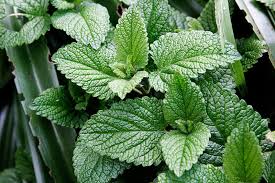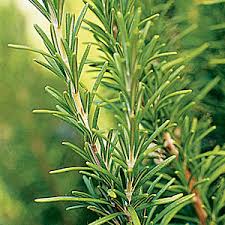Tap into how you are feeling and cook with these when you can!
Basil -
anti-bacterial, anti-spasmodic, digestive, galactagogue, tonic and aromatic.
Contains orientin and vicenin, two water-soluble flavonoids,
which both stimulate growth of white blood cells and protect cell structures as
well as chromosomes from radiation and oxygen-based damage. Basil’s volatile
oils, which contain estragole, linalool, cineole, eugenol,
sabinene, myrcene, and limonene, protect against unwanted bacterial growth of pathogens
such as: Listeria monocytogenes,
Staphylococcus aureus, Escherichia coli, Yersinia enterocolitica, and Pseudomonas aeruginosa. Essential oil
of basil, obtained from its leaves, has demonstrated the ability to inhibit
several species of pathogenic bacteria that have become resistant to commonly
used antibiotic drugs.

Peppermint – stomachic, and cooling, it relieves
indigestion, dyspepsia, and colonic muscle spasms by relaxing the smooth muscle
tissue of the intenstines. Essential oil of peppermint also stops the growth of
many different bacteria, including: Helicobacter
pylori, Salmonella enteritidis,
Escherichia coli, and methicillin-resistant Staphylococcus aureus
(MRSA). Peppermint contains rosmarinic
acid, which helps open bronchial passageways and reduce the effects of
allergy-induced cold symptoms.
Parsley – depurative, anti-dandruff,
digestive, emmenagogue, expectorant, odontalgic, stomachic, and tonic. rich in
Vitamin C to decrease inflammation, beta carotene to help prevent infection and
strengthen immunity, and folic acid (B vitamin) to support cardiovascular
health. The activity of pasley's volatile oils qualifies it as a
"chemoprotective" food that can help neutralize particular types of
carcinogens as well as ease the burn of insect bites and stings.
 Rosemary – antiseptic, antispasmodic,
astringent, cardiac, carminative, diaphoretic, nervine, and ophthalmic. Contains
rosmarinic acid, which stimulates the immune system, increases circulation, and
improves digestion. Anti-inflammatory, digestive, and aromatic, the potent herb
both aids in digesting fats and decreases the risk of infection from
contaminated foods. It increases circulation, specifically to the head and
brain, thus improving concentration.
Rosemary – antiseptic, antispasmodic,
astringent, cardiac, carminative, diaphoretic, nervine, and ophthalmic. Contains
rosmarinic acid, which stimulates the immune system, increases circulation, and
improves digestion. Anti-inflammatory, digestive, and aromatic, the potent herb
both aids in digesting fats and decreases the risk of infection from
contaminated foods. It increases circulation, specifically to the head and
brain, thus improving concentration.
Sage – antiseptic, antispasmodic,
carminative, galactofuge, vasodilator, tonic, cholagogue, and astringent. Improves
memory by decreasing the growth of neurovascular plaque in the brain. Soothes
the digestive tract, dries excess mucus from all membranes, and provides
crucial phytonutrients which counteract the effects of oxidation, not only in
human blood but also in cooking oils and nuts.
Thyme
– anthelmintic, antiseptic, deodorant, diaphoretic, disinfectant, expectorant,
sedative, tonic, repellent, and fungicidal. Contains thymol and other volatile
oils, which have antimicrobial activity against bacteria and fungi such as: Staphalococcus aureus, Bacillus subtilis, Escherichia coli and Shigella sonnei. Helps preserve foods
and protect them from microbial contamination. Thymol helps increase the percentage of healthy fats, such as
DHA (docosahexaenoic acid, an omega-3 fatty acid) in brain, kidney, and heart
cell membranes.


